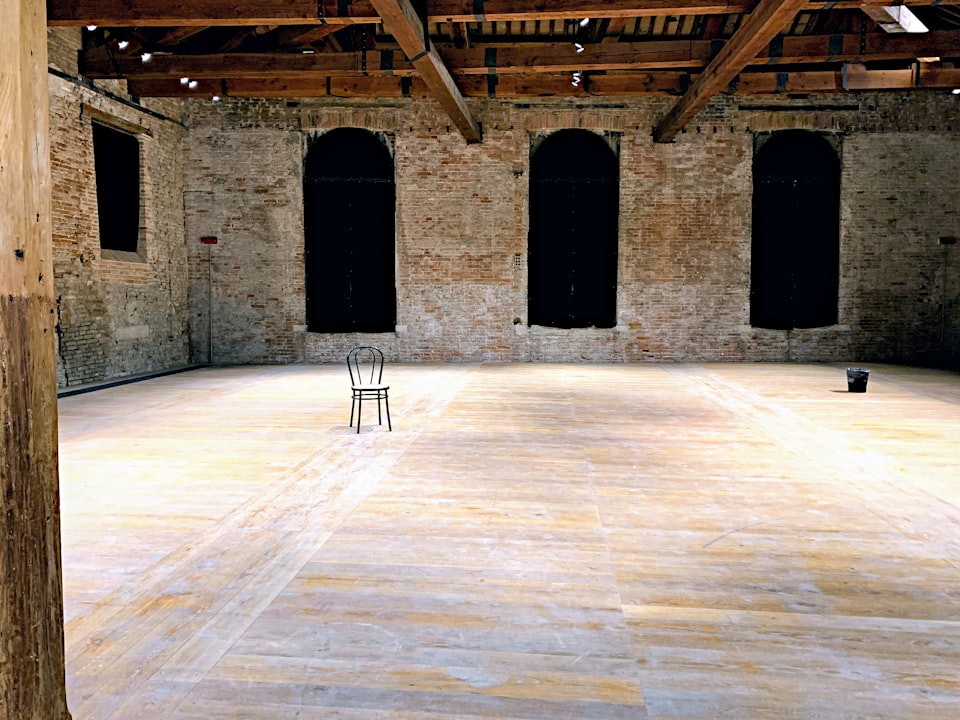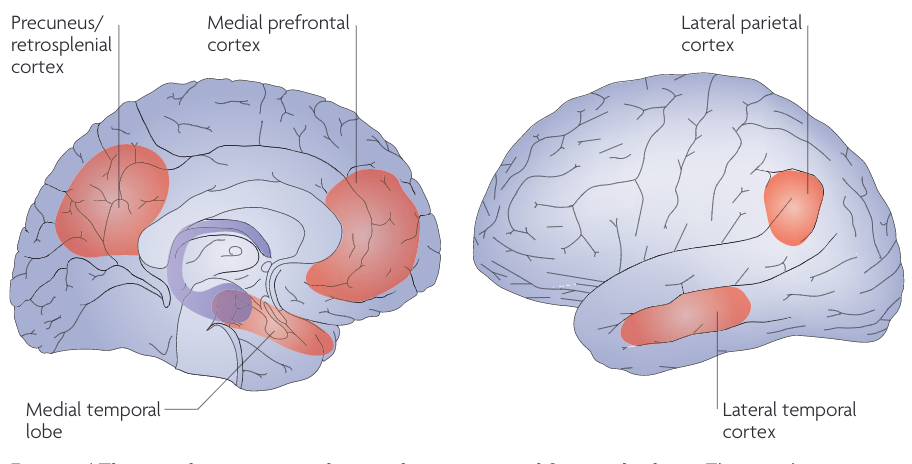Remembering Tomorrow: Memory, Imagination, and Prolepsis

"What will you be doing tomorrow?"
"I don't know."
"Do you remember the question?"
"About what I'll be doing tomorrow?"
"Yes. How would you describe your state of mind when you try to think about it?"
"Blank, I guess"
This was a conversation recorded between psychologist/neuroscientist Dr. Tulving and an amnesic patient in 1985. The patient is referred to as K.C (although initially as N.N), who suffered from a traffic accident and lost almost all the details to his memory (Tulving, 1985)
K.C retained some memories of his past – like where he lived or what school he attended – yet when asked to recall a specific story, he was blank.
K.C could remember generic knowledge – called semantic memory – like how to order at a restaurant or what a college student may do at school, but seemed to have lost all the details. These specific details are called episodic memory, deriving from the word "episode". Let me explain.
Imagine you just came back from a date. You walk by your first roommate, with who you aren't very close. They ask:
"How was the date?"
"We went to a bar, drove around, and now I'm here!" You only give them a brief rundown. That's what semantic memory is like. Very general and lacks the juice to the story.
Now you walk into your room and your best friend has been waiting for you for hours. Their eyes are glowing and ask:
"How was the date?"
You give them all the details. The weird tension, the smell, the food, etc. That's episodic memory. Full of context and specifics.
In the curious case of K.C, he was able to retain and even create new semantic memories – but lost entirely the ability to remember or create episodic ones.
When asked to describe the "blankness" when he attempts to think of 'tomorrow', he said:
"It's like being in a room with nothing there and having a guy tell you to go find a chair, and there's nothing there" (Tulving, 1985:6).
Furthermore, K.C describes his empty memory of the past as the "same kind of blankness" (ibid,6).
This is fascinating. As K.C is telling us not only did he lose his memory of the past, but also lost his ability to imagine possible futures.
As curious as this case was, it wasn't till 20 years later that we learn more about the role of our past memories in constructing imagined future events.
After a long dry spell on the details about the curious phenomena where K.C lost his memory and his ability to imagine future events, scholars made some incredible breakthroughs in the early 21st century.
To summarize the abundant resources and findings following the interviews with K.C; we currently have sufficient evidence to suggest that the parts of the brain we use to retrieve and construct memories – especially episodic memory – are exactly the same as the parts of the brain we use when imagining future events.

Furthermore, scholars found that the details in our episodic memory are stored in fragments, then are reintegrated into a coherent event as we try to remember and retrieve those memories (Schacter, Addis, and Buckner, 2007). Essentially, we "reconstruct" the details of our memories into a story.
This same process is applied when we attempt to evoke a newly imagined future. As we use the same parts of our brain, we use the details from our episodic memory to more vividly imagine our future. This construction process also explains some possible "errors" in our memory, especially if we do not reconstruct the narrative often enough.
Now, K.C's unusual "blankness" of the future makes sense! If he lost his repository of details for the past, how could he imagine a future? He couldn't.
So his own observation of the "empty room" is strikingly accurate.
What does this all mean for us? We'll get back to it, I promise.
But here, I'll like to take you onto a tangent about a new love of mine: literature.
As a young child, I despised reading, yet through my growing interest in social phenomena, I found myself not being able to put books down. I'd listen to audiobooks whenever I could and lose hours of sleep flipping over pages.
Then I came across something fascinating.
In Haruki Murakami's fiction novel, "Kafka on the Shore", the protagonist is given a similar "curse" as Oedipus did. In which he is prophecized that he will sleep with his mother and sister, after killing his father. During a rather vividly illustrated scene, the reader is given a "flash-forward" into this curse actualizing through a dream. This experience not only drastically alters the actions of the main character, but also the way he remembers his past.
This literary tool is called prolepsis, in which a future event is brought into the present. Prolepsis differs greatly from foreshadowing. As foreshadowing merely hints at a possible future, while prolepsis drags the future into the present. It's like staring into the crystal ball of the oracle, who can tell you exactly what will happen next.
Prolepsis has been used extensively beyond literature, most notably in understanding the behaviors of parents.
A common example is when parents shape the present environment of their child, in relation to their imagined child's future.
A parent may envision a future for their child – such as becoming a successful lawyer or athlete – and drag that future into the present. Essentially, "...channeling the child's present toward's the parent's imagined future" (de Luna, 2018: 109).
I'm sure you've seen, heard of, or experienced this yourself! Your parents may take a picture of you at your little league game, and say "my future superstar!" Although it may not be their intent, that futuristic vision gets at the gist of prolepsis within a parenting context.

But what often gets overlooked in the analysis of prolepsis, is the importance of the past. It's not only the hope you have for your little child to grow up, but you embody and attach past experiences to the imagined future!
Why do you want your child to be healthy? You may have past memories of struggling through a disease.
Why would you imagine a successful career for your child? You could have experienced some hardships early in your life.
I mean, how could you possibly imagine a future, "flash-forward", or think of your child in 20 years, without your past memories?
You can't.
Trying to depict a future without the past is "like being in a room with nothing there and having a guy tell you to go find a chair, and there's nothing there" (Tulving, 1985:6).
So here we are, back at K.C.
We can tell him:
"The reason you can't think of tomorrow, is because you lost your past. The bits and pieces of details stored in your brain got lost, leaving you in an empty room without a chair."
If we truly want to be proleptic, and imagine a grand future for ourselves, our children, or our civilizations, jotting down our future goals isn't enough.
We need to bring back the details and the nitty-gritty from our past. Because those are the very building blocks of tomorrow.
![[Guest Post] Exploring Colonial History through Art](/content/images/size/w750/2023/11/graphite-island-banner.png)
